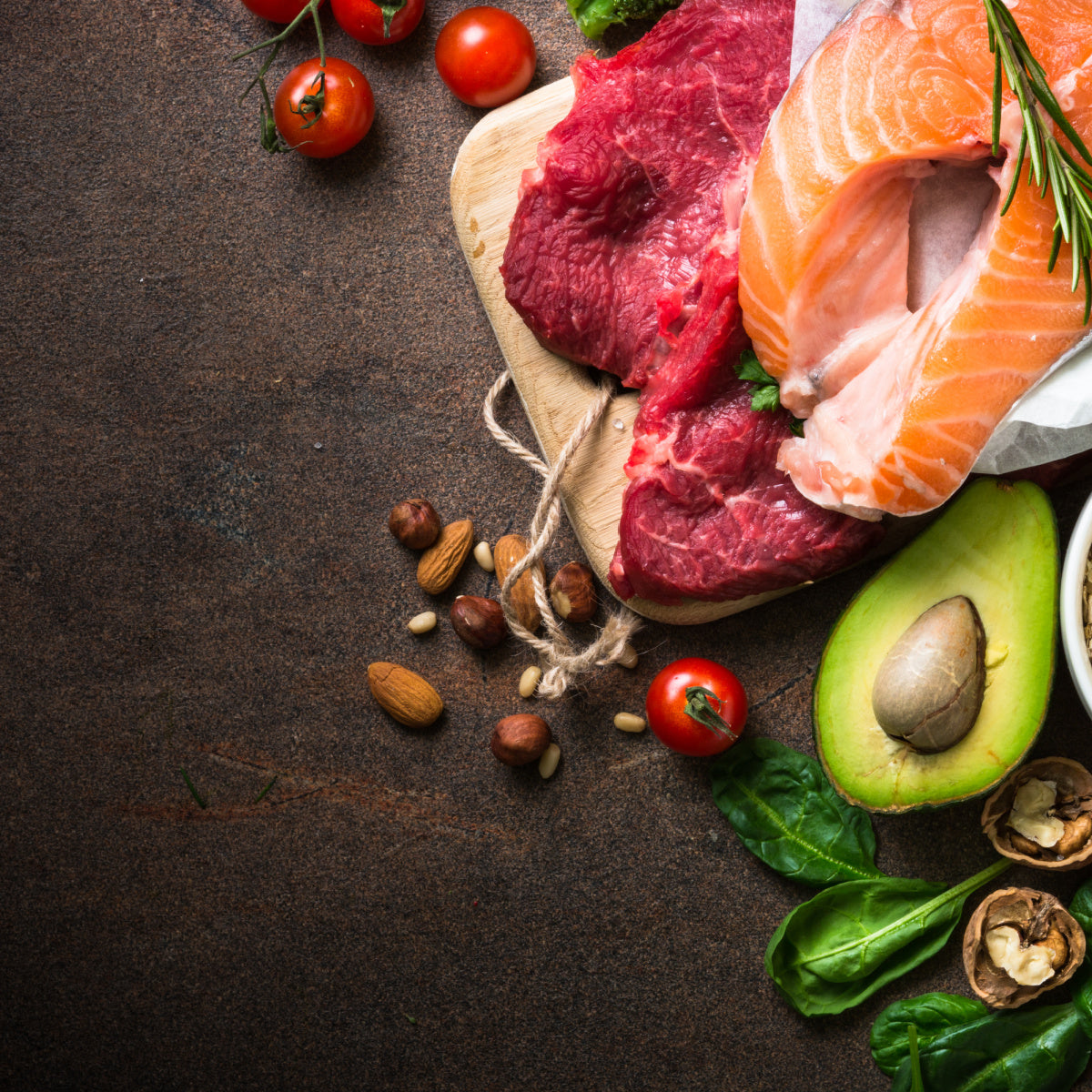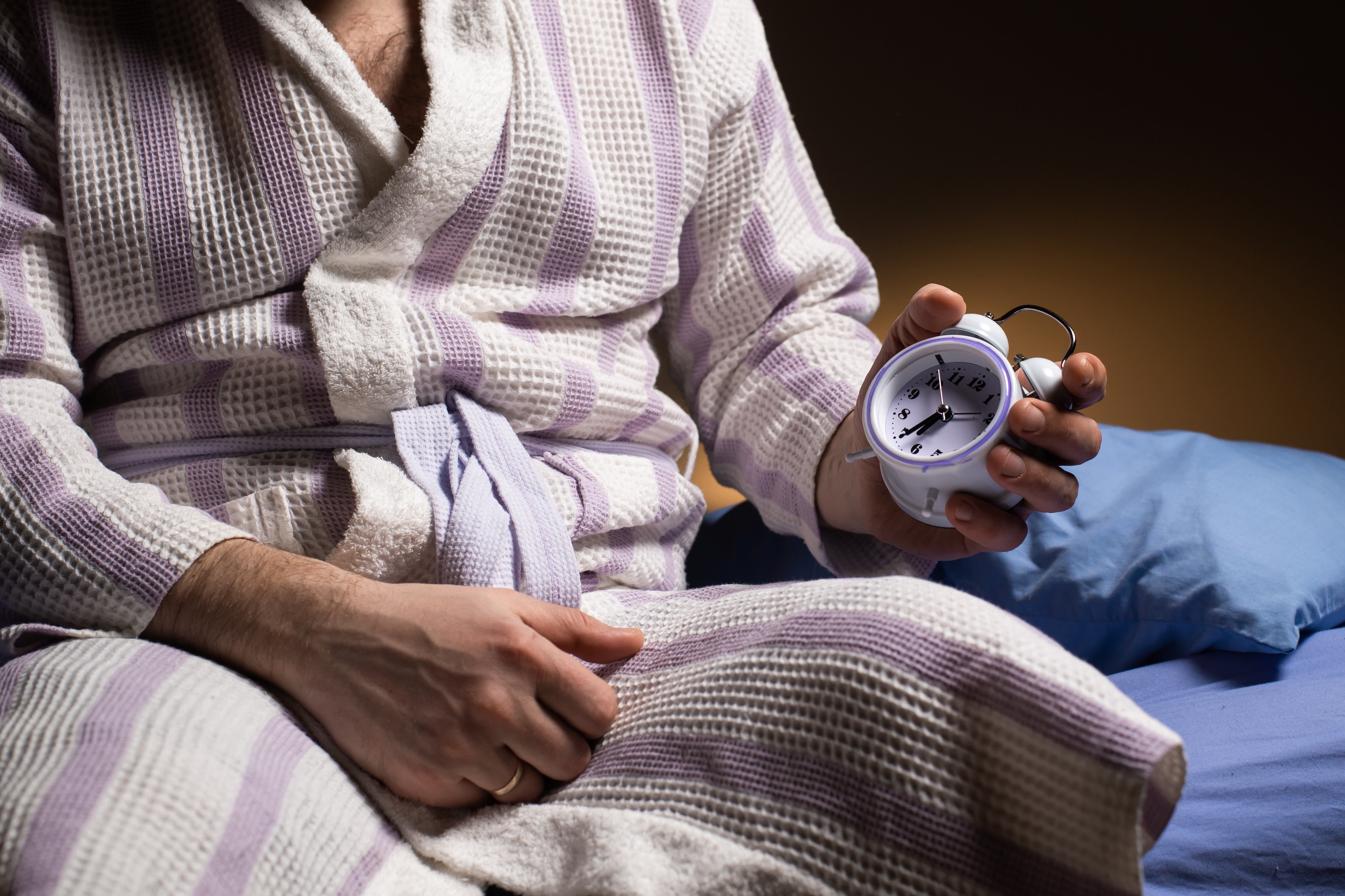What are Testosterone supplements and are they worth your time?
The marketing ads are everywhere. The ones that promise to get you ripped quickly, and add 15 pounds of lean muscle mass in the same time as it takes to brush your teeth in the morning. Money spent by consumers on promises that fall short of their claims has made the consumer base sceptical of what they invest in. However, it is hard to deny the fact about exercising and achieving the dream body we all wish to have.
The thing is that as we get older, it becomes more difficult to make progress, which is why many turn to supplementation in an attempt to gain a competitive edge. As men and women age, their overall bone mineral density is decreased, they store fat more easily, and lose muscle mass (sarcopenia). All of this can lead to some serious health issues, if not given adequate attention. The cause of these issues can vary from genetic predispositions to hormonal deficiencies – specifically a decline in the levels of testosterone as we age.
Derived from cholesterol, testosterone has many forms. “Free testosterone” is the form of testosterone which is unbound to proteins and most readily available for use by the body. Sex hormone binding globulin (SHBG) is produced in the liver and regulates free testosterone levels in the body. Albumin-bound testosterone makes up the rest of the testosterone flowing through our body and is relatively inactive. With different roles to play in the body, including both anabolic (or muscle building) and androgenic (or masculinizing), this key hormone is a powerhouse for muscle building in its right.
For an individual trying to maximize their progress from an exercise program, keeping this hormone at its highest natural level is imperative – the emphasis being on ‘natural’. Increasing free and total testosterone is their primary goal. Increasing in popularity among men and women, testosterone boosting supplements (test boosters) give the consumer an edge in the gym by increasing their natural testosterone levels without the use of harmful exogenous sources such as anabolic steroids.
In men, the hypothalamus in the brain will communicate with the pituitary gland letting it know exactly how much of testosterone is needed by the body. The pituitary glands’ job is to then signal the testes via Follicle Stimulating Hormone (FSH) and Luteinizing Hormone (LH) to kick-start testosterone production. Women, on the other hand, produce testosterone in the ovaries and adrenal glands primarily through the conversion of Dehydroepiandrosterone (DHEA) into testosterone.
Test boosters are herb-based supplements that aim to increase these levels of naturally flowing hormones and/or block their conversion into other hormones. Although not as powerful as anabolic steroids, test boosters are natural and safe alternative to the injection of illegal substances into the body that can damage liver and kidney functions.


